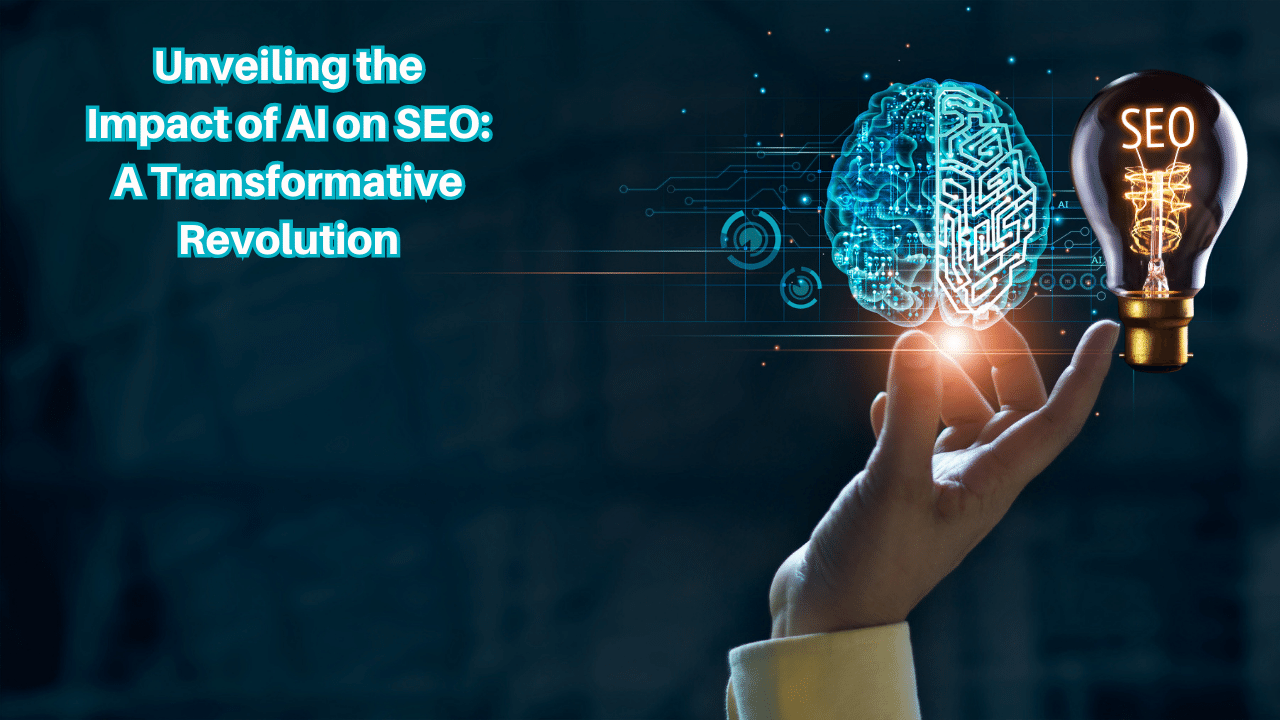In today’s digital age, artificial intelligence (AI) has become an intrinsic part of our everyday life, altering the fundamental ways in which we interact with technology. A particular sphere where AI has profoundly made its mark is Search Engine Optimization (SEO). Indeed, the merging relationship between AI and SEO has significantly modified the landscape of digital marketing and online content optimization.
Definitions of IA and SEO

Artificial intelligence, in its essence, refers to the simulation of human intelligence processes by machines, particularly computer systems. These procedures encompass learning, reasoning, problem-solving, perception, and linguistic intelligence. SEO, on the other hand, is a digital marketing strategy focused on enhancing a website’s visibility and ranking on search engine result pages (SERPs). The synergy between AI and SEO has significantly reshaped the latter’s traditional approach, making SEO more efficient, smart and user-oriented.
RankBrain
The use of AI in SEO has enabled search engines to get better at understanding and interpreting queries, content, and user behavior. One of the significant AI implementations in SEO is Google’s RankBrain. As a component of Google’s core algorithm, RankBrain uses machine learning (an aspect of AI) to determine the most relevant results to search engine queries. RankBrain, instead of focusing on keyword-centric searches, comprehends the context and intent behind a user’s search providing more accurate and personalized search results. This impact of AI on SEO has led to a significant shift from keyword-based optimization to intent-based optimization.
Beyond RankBrain, AI has also contributed to SEO through voice search technology. With the advent of virtual assistants like Siri, Alexa, and Google Assistant, users are turning to voice search for their queries. AI’s natural language processing capabilities have been instrumental here, understanding and responding to voice commands effectively. As a result, SEO strategies are now evolving to incorporate long-tail keywords and conversational phrases to cater to these voice searches.
User Behavior Insights

Moreover, AI is enabling SEOs to accurately predict and analyze user behavior and trends. AI-powered SEO tools provide comprehensive insights into user habits, preferences, and search patterns. This predictive analysis allows marketers to understand what the user wants, enabling them to tailor their SEO strategies to meet these expectations, resulting in increased traffic and improved rankings.
In conclusion, the impact of AI on SEO is not just transformative but revolutionary. AI has made SEO more dynamic and user-centric than ever before. It has brought about a paradigm shift from traditional keyword-based SEO to a much more personalized, efficient, and intent-based SEO. As AI technologies continue to evolve, so too will the SEO strategies, evolving in tandem with these advancements. Therefore, understanding and leveraging the power of AI in SEO will be crucial for businesses and digital marketers who aim to thrive in this new, AI-driven SEO landscape. In a world where user preferences and behaviors are continually changing, AI’s role in SEO serves as an indispensable tool to stay ahead of the curve, ensuring your digital presence remains relevant, impactful, and successful.
Click in the Link to See More Info About
SEO – Search Engine Optimization




